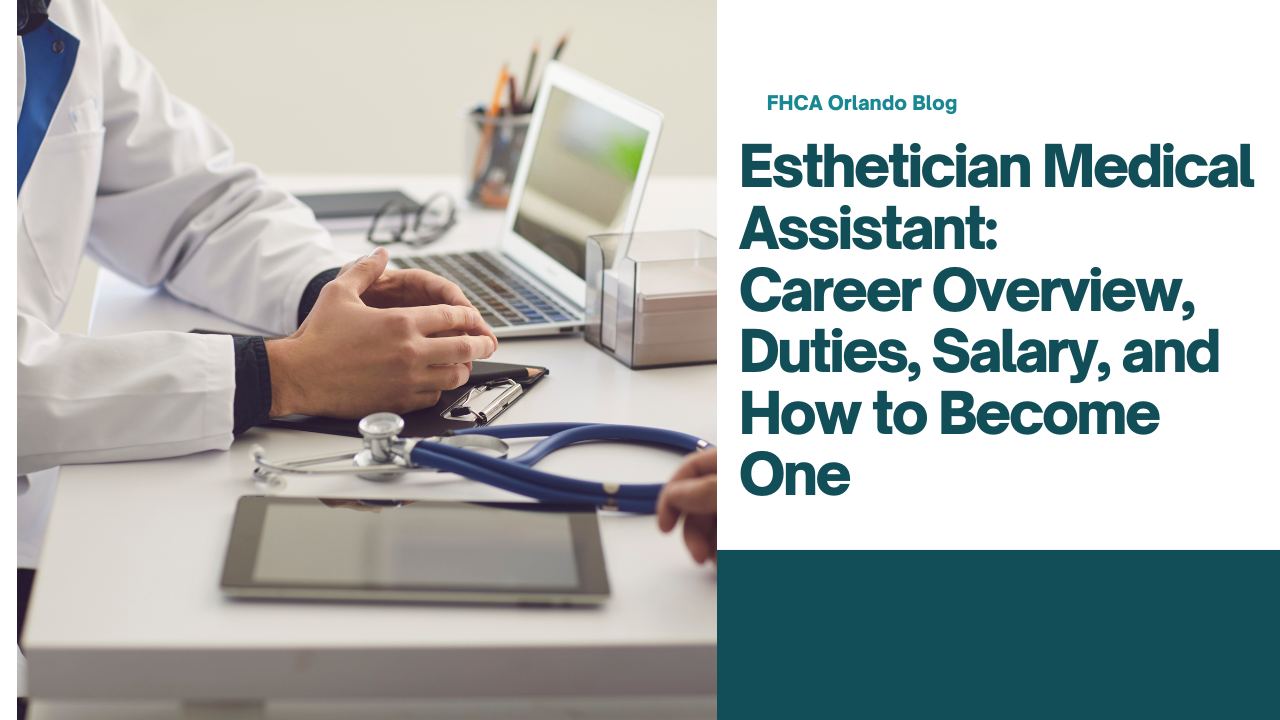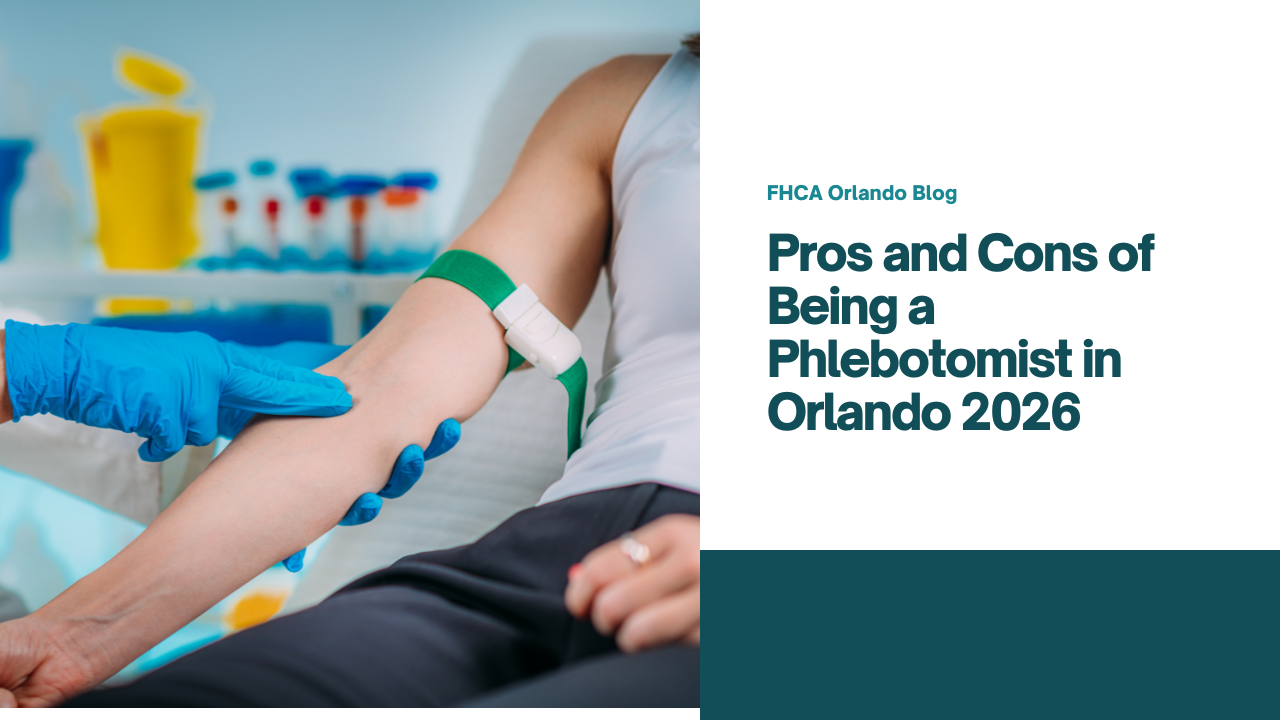What Makes a Good Phlebotomist: Key Attributes to Focus On
Aug 26, 2024
Phlebotomists are essential healthcare professionals whose expertise significantly impacts the accuracy of medical diagnoses and treatments that patients get.
Their role demands a combination of technical skills and personal qualities, all of which contribute to high standards of patient care and operational efficiency in healthcare settings.
Table of Contents
- What is the importance of phlebotomists in healthcare?
- What makes a good phlebotomist?
- What are the most important skills for a phlebotomist?
- How long does it take to become a skilled phlebotomist?
What is the importance of phlebotomists in healthcare?
Phlebotomists are vital in ensuring the accuracy of diagnostic tests and medical treatments by collecting blood samples with precision. Their expertise often extends beyond just drawing blood, as understanding the differences between venipuncture vs phlebotomy can clarify their comprehensive role in healthcare.
Their work directly influences patient outcomes, making their role indispensable in the healthcare system.
Understanding how challenging it is to be a phlebotomist can provide medical professionals with valuable insight into the demands of this profession.
What makes a good phlebotomist?
What are the most important skills for a phlebotomist?
Key job skills include excellent communication, keen attention to detail, and strong manual dexterity, all of which are crucial for performing blood draws effectively and ensuring patient comfort. For more on the skills needed to be a phlebotomist, further career exploration is recommended.
How long does it take to become a skilled phlebotomist?
Becoming proficient in phlebotomy involves formal training and practical experience. Certification programs can typically be completed within a few months, but developing the necessary expertise and confidence to perform in the role of phlebotomy technician may take longer.
To learn more about the certification process, refer to how to get a phlebotomy certification.










